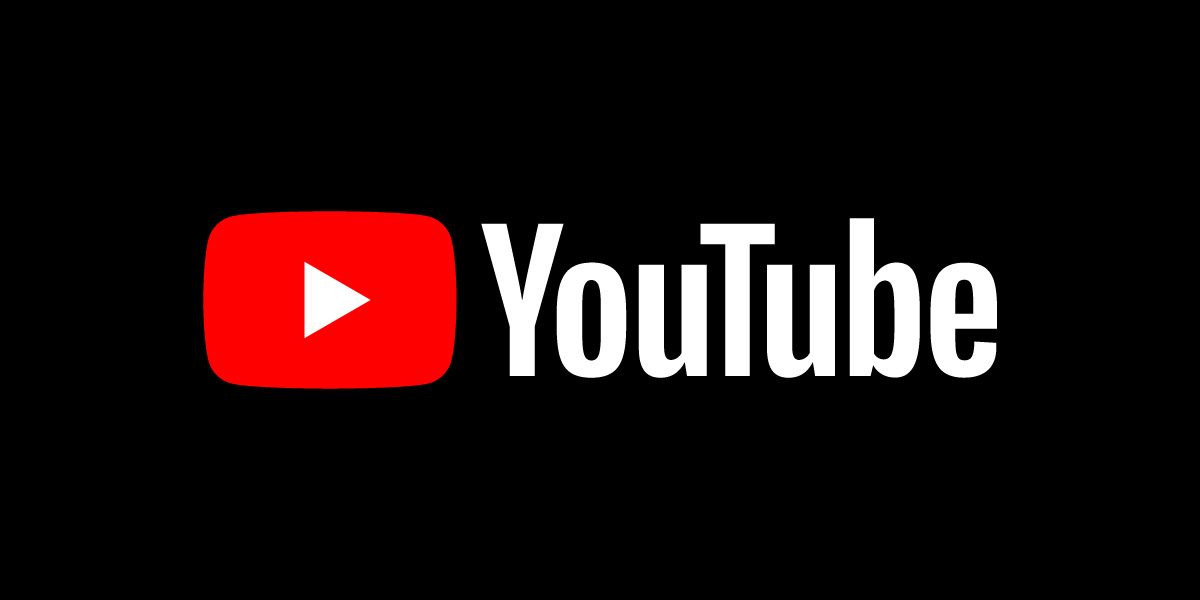
The EU’s copyright directive, Article 13 has come under scrutiny yet again from national and international media. Now an official response from YouTube was recently published on the official YouTube Creator Blog. In the post, YouTube CEO Susan Wojcicki pushed back against these proposed European copyright legislation changes.
As we all know, YouTube is the biggest video hosting service on the planet, with more than 400 hours of video content uploaded every minute to the website. These proposed copyright regulation changes present a major problem for YouTube, as the company would be liable to determine who the original right holders are and then pay each accordingly.
This is actually the second post from Wojcicki on the EU Article 13 issue, although this is the first time she has admitted that YouTube lacks the technical and monetary capabilities to truly police these proposed copyright restrictions by the European Union.
In her post, Wojcicki states that a song such as “Despacito” had numerous copyright holders within the music video. These included sound recording to publishing rights but even with that information there are several copyright holders that are left unknown which poses licensing and ownership issues. This complicated process highlights just what YouTube will potentially have to deal with if Article 13 were to pass and become European law.
For those of us that live in the European Union, the alarming solution according to Wojcicki is simply to block videos in EU member states. “That uncertainty means we might have to block videos like this to avoid liability under article 13,” she commented.
Oddly, Wojcicki doesn’t seem quite as concerned with the effect that Article 13 will have on YouTube content creators, instead, the overall focus seems to be solely on the financial and technical issues concerning this proposed legislation.
“We have worked hard to ensure creators and artists are fairly compensated for their work. In the last year, YouTube paid content owners across the EU €800m,” Wojcicki wrote. “We have also paid the global music industry more than €1.5bn from advert-generated revenue alone.”
“We welcome the chance to work with policymakers and the industry to develop a solution within article 13 that protects rights holders while also allowing the creative economy to thrive. This could include more comprehensive licensing agreements, collaboration with rights holders to identify who owns what, and smart rights management technology, similar to Content ID.”
9to5Google’s take
As you might already know, I am the videographer — or ‘content creator’ if you will — for our official YouTube page. I am based in the UK, which at least until March, is still part of the European Union and will adhere to any regulation changes — including Article 13 — at least until Brexit becomes a reality. As someone who creates videos exclusively for the YouTube platform, Article 13 does threaten almost all video-making creativity.
Can I see the legislation being passed? In all honesty, no. There is too much public opposition for these potential changes. It would be a huge U-turn for the European Union, but one that makes the most sense for citizens within the member states — the very people who the European Union are said to represent.
It seems as though the European Union is bowing down to the pressure for those platforms and rights holders that are being directly threatened by the ubiquity of online content creators.
Fair Use is a broad and often misunderstood term but one that should form the backbone of the argument against Article 13. Being potentially cut off from video content on YouTube will simply create another less desirable avenue for many. Either way, I am just happy that I have always invested in a decent VPN service.
More on YouTube:
- YouTube officially lands on Nintendo Switch today, available for download now
- Google 2018 Midterms coverage: ‘Go Vote’ Doodle, YouTube reminders, live Search results, more
- You can now watch YouTube Kids on Smart Displays, Google Home and Cast TVs
- Europe’s controversial copyright law approved, likely to hit Google and YouTube
Check out 9to5Google on YouTube for more news:
FTC: We use income earning auto affiliate links. More.





Comments